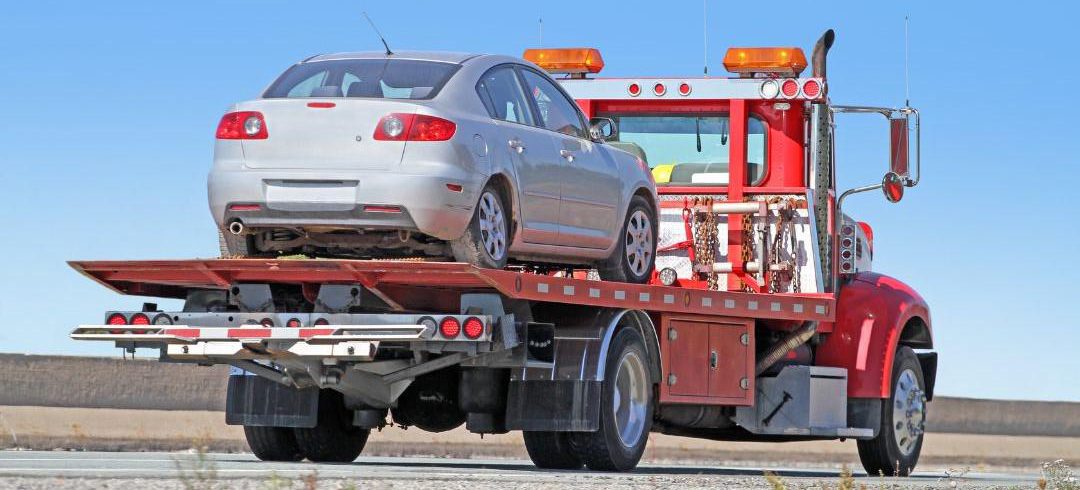
CLRA’s 3-Year Statute of Limitations: What You Need to Know
As you know, the California Consumer Legal Remedies Act (CLRA), is the Plaintiff’slawyer’s favorite law to go after dealers. Plaintiff’s lawyers routinely claim that the dealer or the salesperson verbally said something to the customer that was not true. In California, the time limit for bringing a CLRA claim generally is three years, however, it can be extended beyond three years in certain circumstances. Sometimes, the salesperson is no longer employed by the dealership and is no longer available as a witness, when the customer makes the claim. In law, when there is no witness to dispute a claim, the chance of losing on that claim is higher.
What does this Mean?
This means that for every vehicle you sell, the dealership and the bank that finances the transaction are on the hook for any claim under the CLRA, even if the dealership is no longer in business. Of course, your bond is also subject to claims.
Can the Dealership or its Owner Realistically Get to the Dealer even if the dealership has closed and is out of business?
Short answer, yes! There are two ways in which the dealership or its owner can be subject to a lawsuit even if the dealership has closed. The plaintiff’s lawyers will still go after the dealer’s bond. The owner of the dealership has most likely signed a personal guarantee on the bond. Bond will pay the plaintiffs the maximum amount in the bond and then demand the dealership’s guarantor to pay them what they paid on bond in addition to all their attorney’s fees and costs. Bond will also ask for their attorney’s fees and costs for their lawsuit against the dealer if the dealer does not pay.
The second way a dealer can be sued long after closing the dealership is that if the bank is sued, the bank will then request the dealer to indemnify it pursuant to the dealer agreement between the bank and the dealer.
How Can I Protect Myself?
As always, protect yourself and your sales with the proper disclosure tools and software. Your DMS company might be great at creating software for contracts and inventory, but when it comes to understanding legal issues and how lawsuits against dealers work, the DMS company’s generic legal forms are usually ineffective, especially when the salesperson is no longer there to dispute the claims.
Second, if your dealership is a sole proprietorship, consider forming an LLC or a corporation. A properly run corporation can provide some level of protection and can file for bankruptcy independent of the dealer personally.





